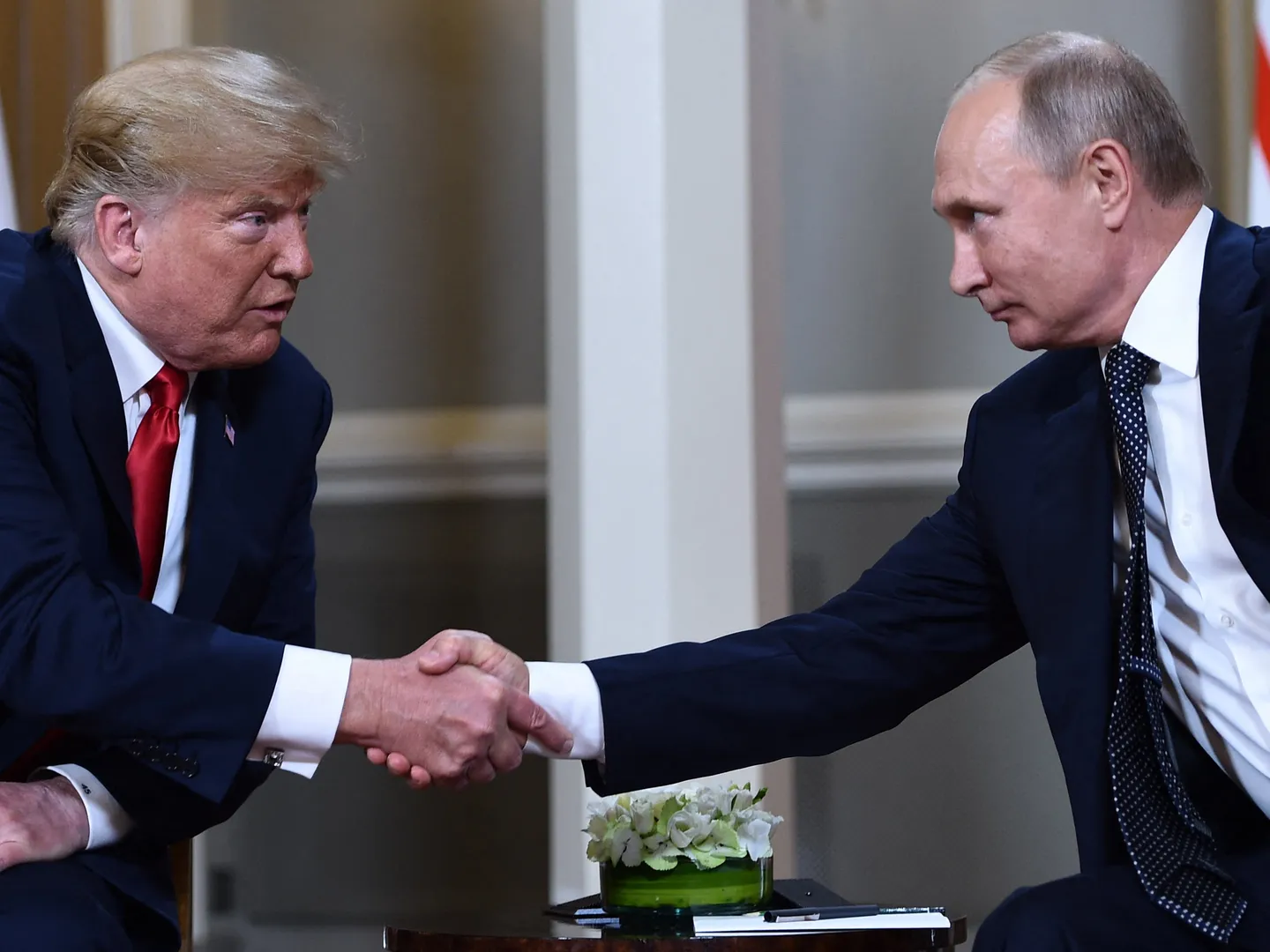On Wednesday, February 12, U.S. President Donald Trump announced plans to meet Russian President Vladimir Putin in Saudi Arabia to discuss resolving the ongoing conflict in Ukraine.
The meeting was arranged after a rare phone conversation between the two leaders—their first confirmed discussion since Trump’s return to the White House.
During the “lengthy and highly productive” call, both leaders reportedly agreed that “the time has come to work together” on finding a resolution to the conflict. Trump shared on his Truth Social platform that both expressed a desire to “stop the millions of deaths” caused by the war.
The talks are expected to involve Saudi Crown Prince Mohammed bin Salman, who recently facilitated a prisoner exchange between Russia and the U.S. Additionally, the Kremlin extended an invitation for Trump to visit Moscow following the Saudi meeting.
Trump, who has been pushing for a swift end to the nearly three-year war, said Ukraine’s potential NATO membership—a contentious point for Russia—was “not practical.” However, he denied any exclusion of Ukraine from the peace process and assured that Kyiv’s interests would be considered. Trump and Putin agreed to begin negotiations immediately, with teams from both sides working on a possible deal.
Although Ukrainian President Volodymyr Zelensky did not participate in the call with Putin, Trump later spoke with him and assured that both he and Putin sought peace. Zelensky reaffirmed Ukraine’s firm stance on maintaining its “independence, territorial integrity, and sovereignty.”
The announcement has sparked concerns in Ukraine and among European leaders, who fear the U.S. may make concessions to Russia. U.S. Defense Secretary Pete Hegseth echoed Moscow’s stance, stating that Ukraine’s goal of returning to its pre-2014 borders and NATO membership is “not realistic.”
While Trump’s efforts toward peace have drawn praise from some, Ukrainian officials and critics expressed unease over Kyiv’s potential exclusion from negotiations. European leaders, including the foreign ministers of France, Germany, and Spain, have stressed that any peace agreement must involve Ukraine and its European allies.
As the talks unfold, the international community will be closely watching for further developments, especially regarding Ukraine’s call for robust security guarantees in any deal with Russia.

